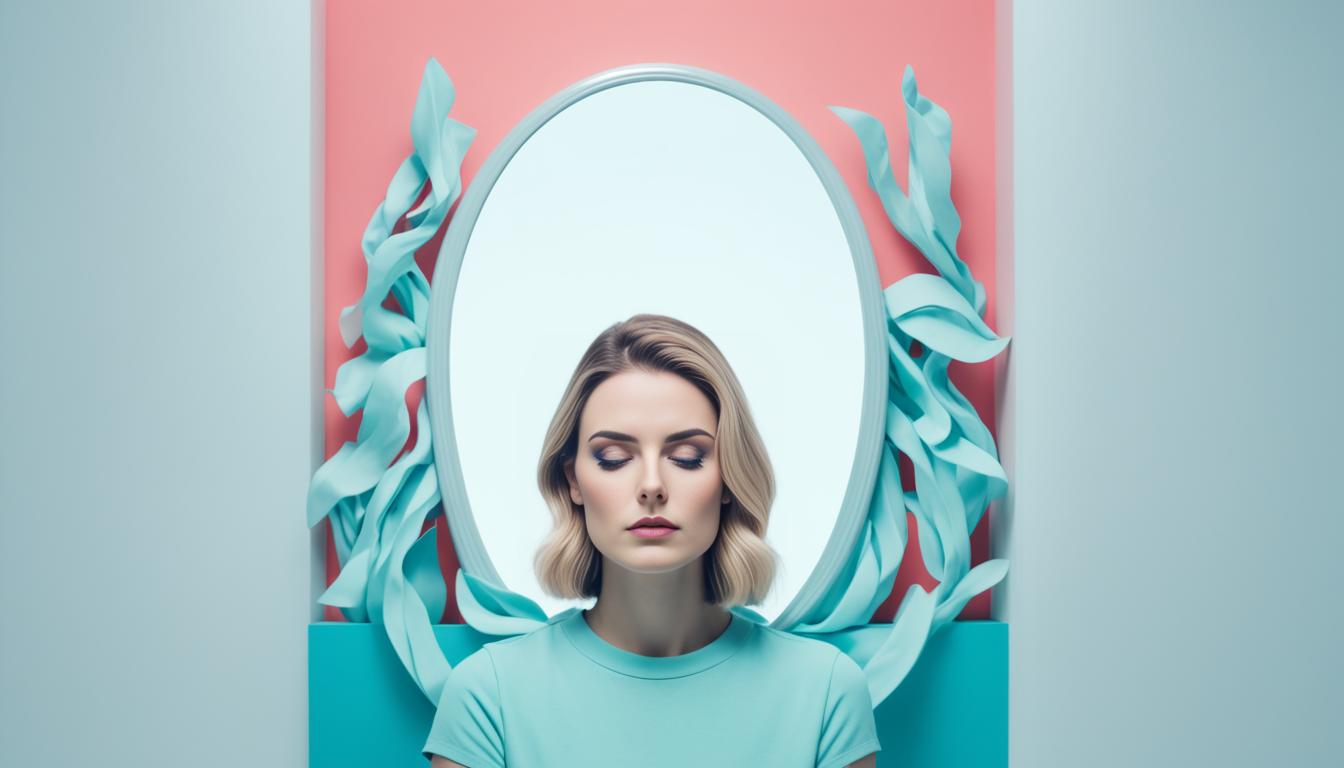The pressure to conform to societal beauty standards has become increasingly prevalent in today's society. With the rise of social media and the constant exposure to filtered images and flawless beauty ideals, individuals are facing significant psychological challenges. The impact of beauty standards on mental health cannot be overlooked. From low self-esteem to body dissatisfaction, the psychological consequences are profound.
When individuals are bombarded with images of ‘perfect' bodies and faces, it is easy to fall into a cycle of comparison and self-criticism. This constant self-evaluation can lead to a decline in self-esteem and overall mental well-being. The desire to meet unrealistic beauty expectations can have detrimental effects on individuals' mental health, often resulting in anxiety, depression, and eating disorders.
It is essential to recognize the importance of promoting body positivity and mental wellness in the face of beauty standards. By challenging societal norms and embracing diverse beauty ideals, we can create a more inclusive and supportive environment. Cultivating a healthy relationship with beauty standards is crucial for maintaining overall mental well-being.
In the following sections, we will explore the complex relationship between mental health and beauty standards, discussing the psychological impact they can have on individuals, particularly in relation to self-esteem. We will also highlight the significance of promoting body positivity and provide practical tips to enhance mental wellness in the age of beauty standards.
Understanding Beauty Standards and their Psychological Impact
In today's society, beauty standards have become increasingly influential, putting immense pressure on individuals to conform to certain ideals. These standards, propagated by media, advertising, and social media platforms, can have a profound psychological impact on individuals' self-esteem and overall mental well-being.
Beauty pressure, in particular, plays a significant role in shaping people's perceptions of themselves. The relentless pursuit of unattainable beauty ideals often leads to feelings of inadequacy, low self-esteem, and body dissatisfaction. Research has shown that exposure to unrealistic beauty standards can negatively affect mental health, contributing to anxiety, depression, and eating disorders.

Various factors influence the establishment and perpetuation of beauty standards. Media portrayals of flawless and airbrushed models, celebrity culture, and the constant comparison on social media create an environment that fosters unrealistic beauty expectations. This constant bombardment of idealized images can have a detrimental impact on individuals, driving them to strive for an unattainable and often unhealthy version of beauty.
It is crucial to recognize the psychological impact of beauty standards and the harm they can cause. By understanding that beauty is subjective and embracing diverse definitions of attractiveness, we can challenge societal norms and promote body positivity. Encouraging self-acceptance, cultivating a positive body image, and fostering a healthy relationship with beauty can help individuals protect their mental well-being in the face of beauty pressure.
Promoting Body Positivity and Mental Wellness
In the age of pervasive beauty standards, it is crucial to prioritize body positivity and mental wellness. The relentless pressure to conform to narrow beauty ideals can have a detrimental impact on individuals' self-esteem and mental health. To combat these harmful effects, it is essential to promote self-acceptance and embrace diverse beauty ideals.
Challenging societal norms surrounding beauty is an important step towards cultivating a healthier relationship with beauty standards. By encouraging inclusivity and celebrating beauty in all its forms, we can create an environment that fosters positive self-image and mental well-being.
Practical strategies and self-care practices can greatly contribute to enhancing mental wellness in the context of beauty standards. Engaging in regular exercise, practicing mindfulness and self-compassion, and surrounding yourself with positive influences are effective ways to promote a healthy mindset and body positivity.
By prioritizing self-care and building a positive relationship with beauty standards, individuals can navigate the complex landscape of societal expectations and protect their mental well-being, ultimately embracing their true beauty and living a more fulfilling life.
